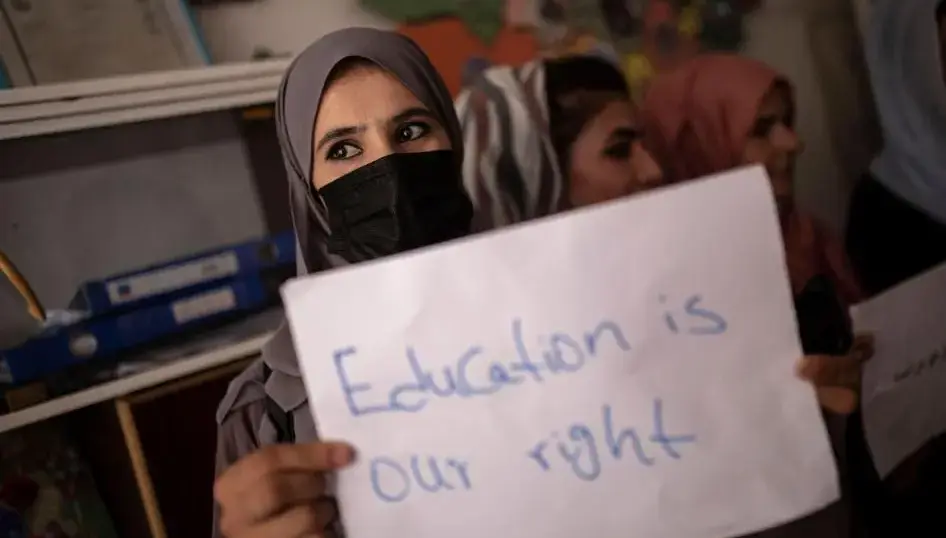Longevity, influence and the social media trap: Who do we trust with our health?
In a world where six-pack abs are flaunted more than six-point health plans, who are we really trusting […]

A report by the World Bank Group has uncovered a global gender gap in workplace rights much wider than previously estimated.
The latest Women, Business, and the Law report reveals that, when accounting for legal differences related to violence and childcare, women have access to fewer than two-thirds of the rights afforded to men.
The report expands its analysis to include two critical indicators – safety from violence and access to childcare services – which can significantly impact women's options in the workforce. When these measures are considered, women, on average, have just 64% of the legal protections available to men, a significant drop from the previous estimate of 77%, the World Bank reports.
Further assessment of the gap between legal reforms and actual outcomes for women in 190 economies exposes an implementation gap, indicating that although laws suggest women have about two-thirds of the rights of men, countries have established less than 40% of the necessary systems for full implementation.
Among the key findings, only 35 out of 98 economies with legislation mandating equal pay for women have adopted measures or enforcement mechanisms addressing the gender pay gap. This discrepancy underscores the need for a supporting framework, including robust enforcement mechanisms, tracking systems for gender-related pay disparities, and access to healthcare services for women who survive violence.
Chief Economist of the World Bank Group and Senior Vice President for Development Economics, Indermit Gill said, "Women have the power to turbocharge the sputtering global economy. Closing this gap could raise global gross domestic product by more than 20% – essentially doubling the global growth rate over the next decade – but reforms have slowed to a crawl."
According to the report, even countries like Togo which stands out in sub-Saharan economies for enacting laws giving women approximately 77% of men's rights, face an implementation gap, establishing only 27% of the necessary systems for full implementation.
The report calls for governments to take action to accelerate progress toward gender equality in business and the law.

In a world where six-pack abs are flaunted more than six-point health plans, who are we really trusting […]

In the era of social media, post-COVID, and with mental health at the forefront, a shift is taking […]